Hyundai Motor Group, which includes the Hyundai, Kia and Genesis brands, plans to invest 24 trillion won ($18 billion) by 2030 to become a top-three global electric vehicle maker.
Hyundai's plans were revealed during a groundbreaking ceremony for the Hwaseong plant, Kia's first designated electric vehicle plant, attended by South Korean President Yoon Suk Yeol.
The investment will boost production and exports, and aim for a lineup of 31 electric models across all brands by 2030. Hyundai plans to increase electric vehicle production in Korea to 1.51 million units and increase global output to 3.64 million units by the end of the decade.
Hyundai and Genesis have previously detailed plans to introduce at least 17 battery-electric vehicles by 2030. Kia's 14 models will be a key factor in the group's goal of selling 3.5 million electric vehicles per year by 2030.
Hyundai's investment will also go toward developing the eM EV platform, which is expected to launch in 2025. This will underpin all types of electric cars - from compact to sedans and SUVs.
The new platform will increase driving range by 50% to 750 km for mid-size models like the Ioniq 5 and Kona, and 900 km for larger sedans.
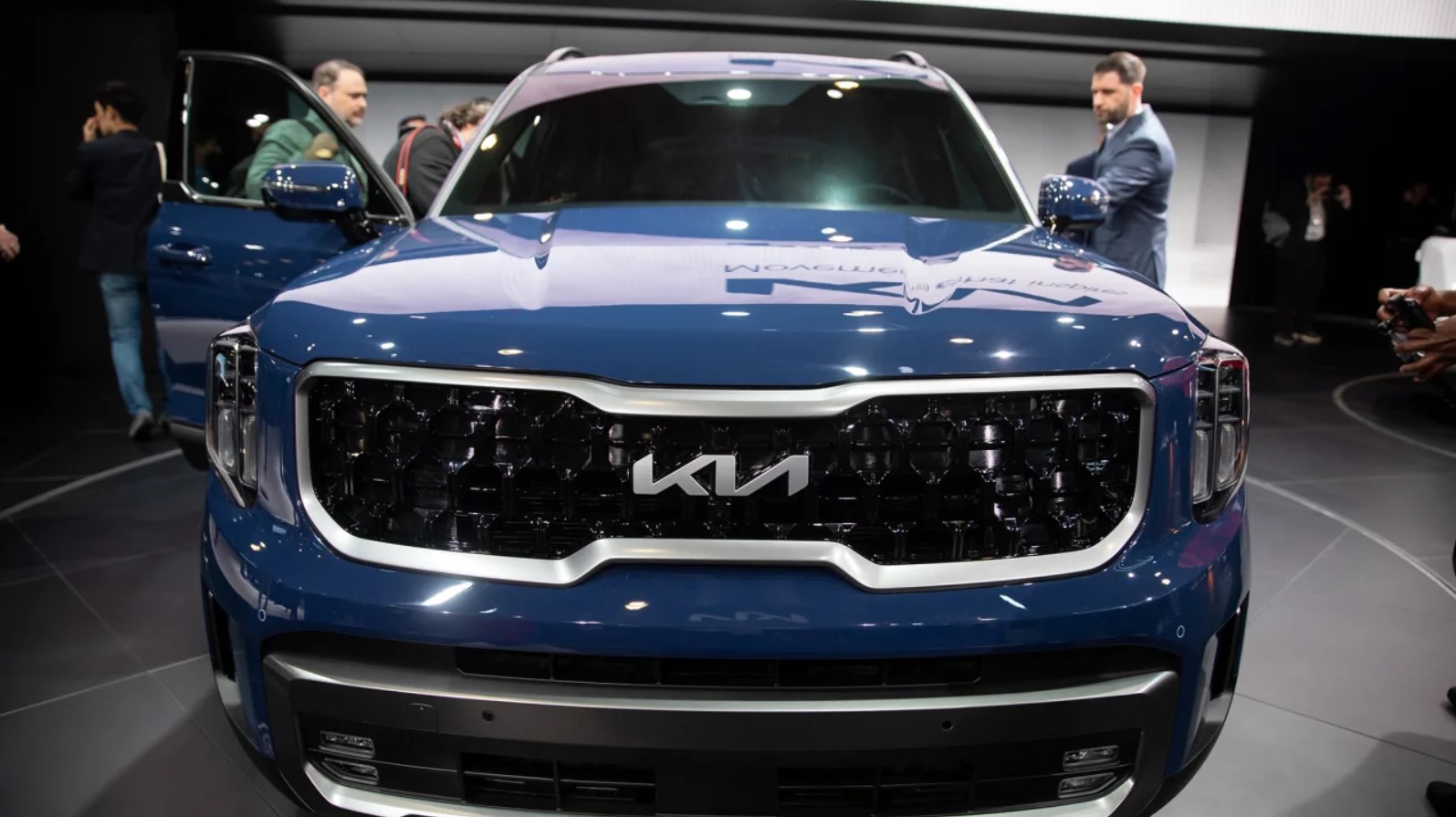
South Korea's top automaker Hyundai won the auction to take control of Kia Motors in 1998, after the carmaker collapsed due to the Asian financial crisis. Photo: CNN
News of Hyundai's investment comes a week after Kia announced a 32 trillion won ($24 billion) investment in future businesses, including electric vehicles. The company will invest about 1 trillion won in a new electric vehicle plant.
The Hwaseong plant is expected to begin production in 2025 with a capacity of 150,000 units in the first year. It will produce a variety of medium-duty vehicles, including robotaxis (unmanned taxis) and delivery trucks.
South Korean automakers and battery makers are still trying to navigate President Joe Biden's Deflationary Reduction Act, which requires electric carmakers to build vehicles in North America to qualify for tax incentives.
Hyundai has been lobbying U.S. officials to modify the bill because it does not have any electric vehicle plants operating in the country, but the latest regulations related to the law indicate that the requirement will not change.
To help domestic companies enjoy tax incentives, the South Korean government has announced it will spend 7 trillion won on battery makers looking to invest in infrastructure in North America over the next five years.
In 2022, Hyundai said it would invest more than $10 billion in the U.S. by 2025 to accelerate the development of electric and self-driving vehicles, and spend $10 billion to deepen collaboration with U.S. companies on advanced technology. Part of that investment includes $6.5 billion for a new electric vehicle factory and battery manufacturing facility in Georgia .
Nguyen Tuyet (According to Tech Crunch, Bloomberg, ArenaEV)
Source



![[Photo] 12th grade students say goodbye at the closing ceremony, preparing to embark on a new journey](https://vphoto.vietnam.vn/thumb/1200x675/vietnam/resource/IMAGE/2025/5/28/42ac3d300d214e7b8db4a03feeed3f6a)
![[Photo] Prime Minister Pham Minh Chinh receives a bipartisan delegation of US House of Representatives](https://vphoto.vietnam.vn/thumb/1200x675/vietnam/resource/IMAGE/2025/5/28/468e61546b664d3f98dc75f6a3c2c880)
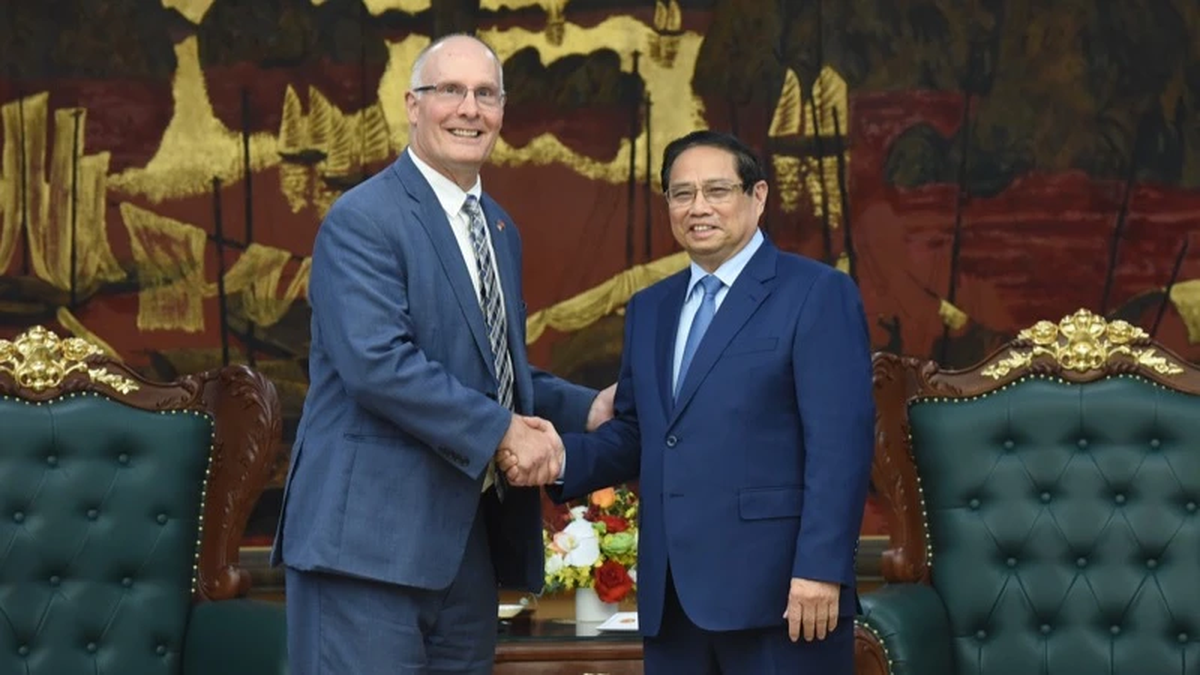
![[Photo] Vietnamese and Hungarian leaders attend the opening of the exhibition by photographer Bozoky Dezso](https://vphoto.vietnam.vn/thumb/1200x675/vietnam/resource/IMAGE/2025/5/28/b478be84f13042aebc74e077c4756e4b)
![[Photo] General Secretary To Lam works with the Central Policy and Strategy Committee](https://vphoto.vietnam.vn/thumb/1200x675/vietnam/resource/IMAGE/2025/5/28/7b31a656d8a148d4b7e7ca66463a6894)
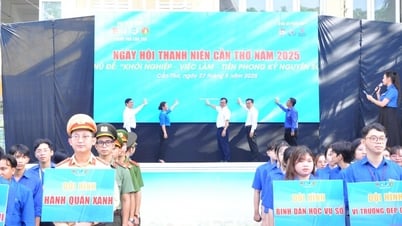


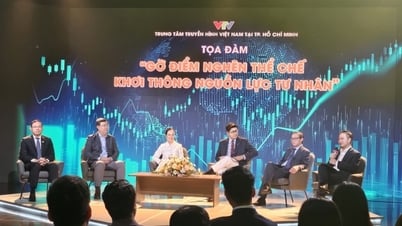
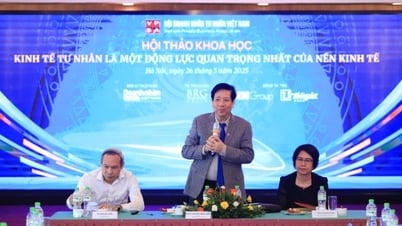







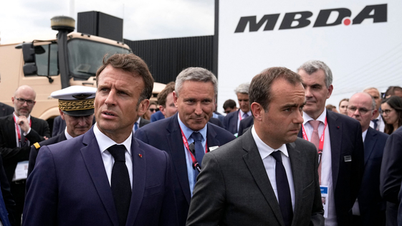

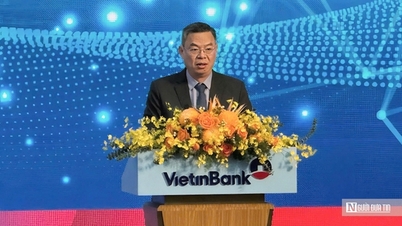
































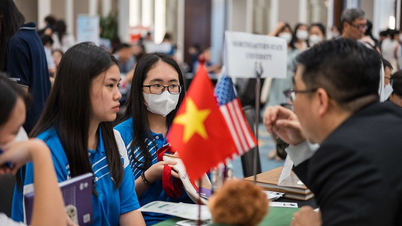












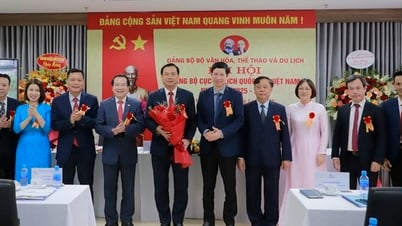
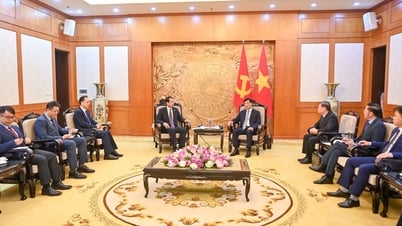




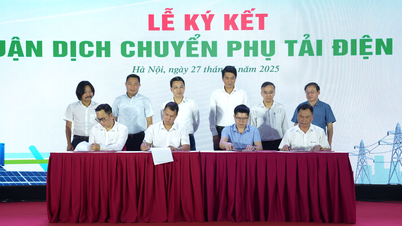
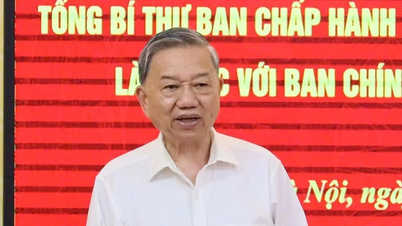

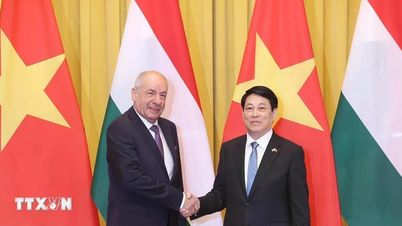













Comment (0)